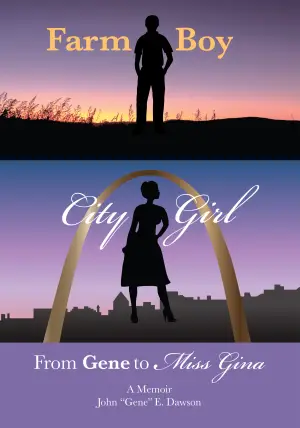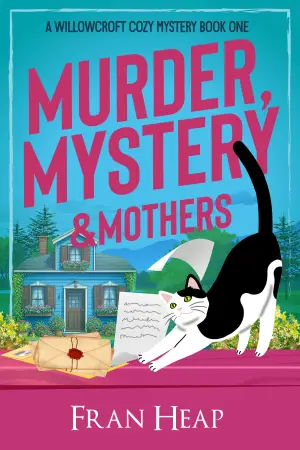A Personal Reflection on A Dead Draw: Tracy Crosswhite’s Thrilling Return
As a lifelong fan of Robert Dugoni, I eagerly anticipated the release of A Dead Draw, the eleventh installment in the Tracy Crosswhite series. Dugoni’s ability to weave intricate, suspenseful narratives rooted in deep emotional turmoil is something I’ve always admired. The stakes have never felt higher for our beloved detective, and as I dove into this latest addition, I felt an intriguing mix of excitement and anxiety. Would Tracy’s journey through the chaos of her past and present finally bring her—and us—some peace?
Set against the backdrop of Cedar Grove, the story forces Tracy back to her roots. Having moved into the Cold Cases Unit, she seems to be seeking solace but is instead confronted by her demons. The return of Erik Schmidt, a chilling suspect linked to the unresolved murder of her sister, Sarah, becomes the catalyst for her emotional unraveling. This premise alone captivated me, as I knew it would dig deeper into Tracy’s psyche than any previous installment. Each page turned revealed not just a gripping plot, but Tracy’s struggles with guilt, memory, and unresolved trauma, making her feel strangely familiar.
One key theme that resonates throughout A Dead Draw is the idea of confronting past mistakes—a challenge made more poignant by Tracy’s panicked return to Cedar Grove. I found Dugoni’s depiction of Tracy’s internal conflicts compelling. Her drive to protect her family compounded with her past missteps feels raw and relatable. As we witness her grapple with haunting flashbacks of her sister’s tragic fate, it forces us to consider how unresolved pain continues to shape our lives.
Dugoni’s writing shines here; he paints vivid scenes that transport you right into the heart of Cedar Grove and into the dynamics of Tracy’s family life. The pacing balances well between pulse-pounding action and quieter reflective moments. Some readers might find the initial focus on gun culture and shooting skills slightly excessive, but for me, it serves to encapsulate the protagonist’s formative experiences and underscore the reality of her professional life. That said, I did long for more presence from familiar side characters—like Kinsington and Vic—who bring depth to Tracy’s world.
One memorable quote, “You can’t outrun your past, but you can learn to live with it,” stuck with me. It encapsulates the overarching essence of the narrative while mirroring Tracy’s struggle beautifully. As she faces Schmidt in a high-stakes game of cat and mouse, it’s not just a physical battle; it’s an ongoing struggle against the shadows of her past.
Reflecting on A Dead Draw, it’s clear this book holds significant value for both longtime series fans and newcomers. It’s perfect for those who enjoy intricate mysteries filled with suspense and a touch of emotional depth. Despite a few scattered hiccups in the narrative—particularly concerning character development—I found myself flipping each page with fervor, eager to uncover what would happen next.
In the end, A Dead Draw serves not just as a thrilling mystery, but as a reminder of how our past can shape us—often, for better or worse. I look forward to seeing where Tracy’s journey takes her next, particularly in how she continues to navigate her haunted memories while striving for a bright future. If you’re seeking a story of resilience wrapped in suspense, take a leap into Tracy’s world—her fight is well worth your time.
Discover more about A Dead Draw (Tracy Crosswhite, #11) on GoodReads >>












